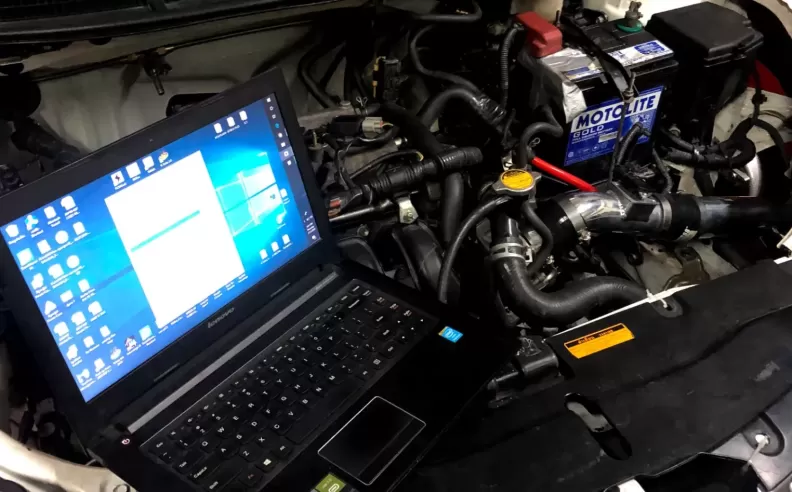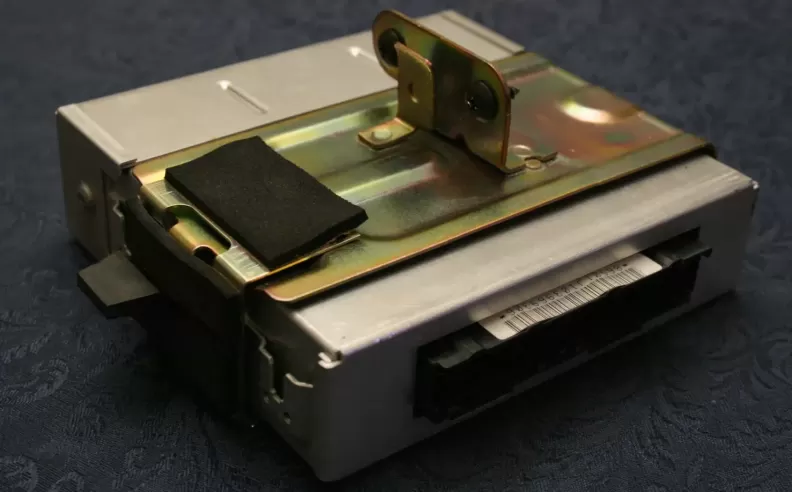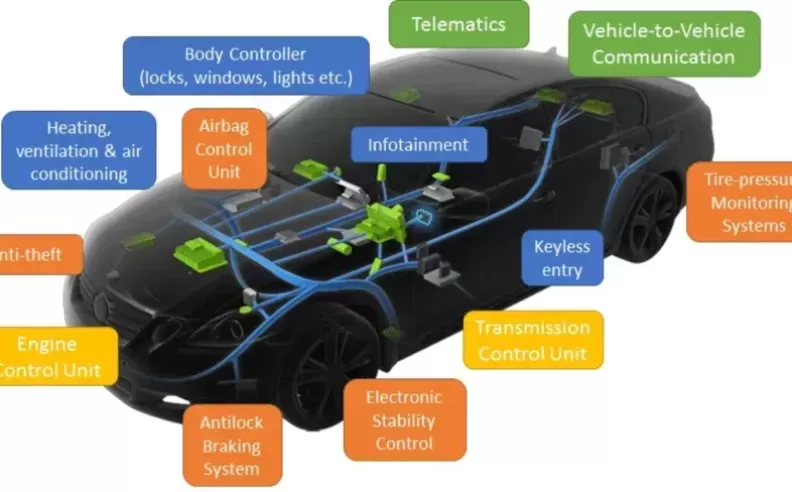
In the rapidly evolving world of automotive technology, electronic systems play a crucial role in enhancing safety, performance, and overall driving experience. At the heart of these electronic advancements lies the Electronic Control Unit (ECU), a powerful and sophisticated component that serves as the brain of modern vehicles. In this article, we will explore the significance of the ECU, its functions, and the impact it has on the automotive industry.

The Electronic Control Unit (ECU) is a specialized microprocessor-based device found in most modern vehicles. It acts as a central processing unit, responsible for controlling and managing a wide range of electrical and electronic systems within the car. From engine management to airbags, antilock braking systems to entertainment features, the ECU is the core component that governs and regulates these critical functions.

Engine Management: One of the primary functions of the ECU is to manage the engine's performance. It continuously monitors various engine parameters, such as air intake, fuel injection, ignition timing, and exhaust emissions. Based on this real-time data, the ECU adjusts and optimizes these parameters to ensure efficient combustion, improved fuel efficiency, and reduced emissions.
Transmission Control: In vehicles with automatic transmissions, the ECU plays a pivotal role in managing gear shifts and maintaining smooth operation. It utilizes input from various sensors to determine the most appropriate gear for the current driving conditions, enhancing both performance and fuel economy.
Safety Systems: The ECU is crucial for various safety features in modern cars, including Antilock Braking System (ABS), Electronic Stability Control (ESC), and Traction Control System (TCS). These safety systems work in harmony with the ECU to ensure the vehicle maintains stability during emergency maneuvers and slippery road conditions.
Airbag Deployment: The ECU is responsible for monitoring crash sensors and deploying airbags in the event of a collision. It assesses the severity of impact and triggers the appropriate airbags to protect occupants from injury.
Climate Control: The ECU also controls the vehicle's climate system, adjusting heating, ventilation, and air conditioning based on the driver's preferences and cabin conditions.
Infotainment and Comfort Features: ECU's role extends to managing various infotainment and comfort features, such as audio systems, touchscreen displays, and power windows.
The integration of ECUs into vehicles has revolutionized the automotive industry in several ways:
Improved Efficiency: With real-time data analysis and control, the ECU optimizes engine performance, leading to better fuel efficiency and reduced emissions. This has become increasingly important as the automotive industry strives to meet stricter environmental regulations.
Enhanced Safety: The ECU's ability to control safety systems like ABS and airbags has significantly improved vehicle safety standards, reducing the likelihood of accidents and mitigating potential injuries.
Advanced Diagnostics: ECUs come equipped with sophisticated onboard diagnostic capabilities. When a vehicle experiences a malfunction or fault, the ECU generates error codes that aid technicians in diagnosing and repairing issues quickly and accurately.
Vehicle Customization: Automakers can fine-tune the ECU's programming to tailor a car's performance characteristics, such as power delivery, handling, and responsiveness, to cater to different market segments or customer preferences.
The Electronic Control Unit (ECU) is undoubtedly the brain behind the remarkable technological advances in modern vehicles. Its ability to manage and regulate various critical systems not only ensures a safer and more comfortable driving experience but also contributes to the ongoing efforts in making automobiles more efficient and environmentally friendly. As technology continues to evolve, the ECU's capabilities will further expand, leading to exciting possibilities in the realm of autonomous driving and beyond.

Wael is an automotive content writer specializes in creating written content for Motor 283. Producing a wide range of content, including blog posts, articles, product descriptions, reviews, and technical guides related to cars, trucks, motorcycles, and other vehicles, with an unprecedented passion for cars, and motorcycles.
